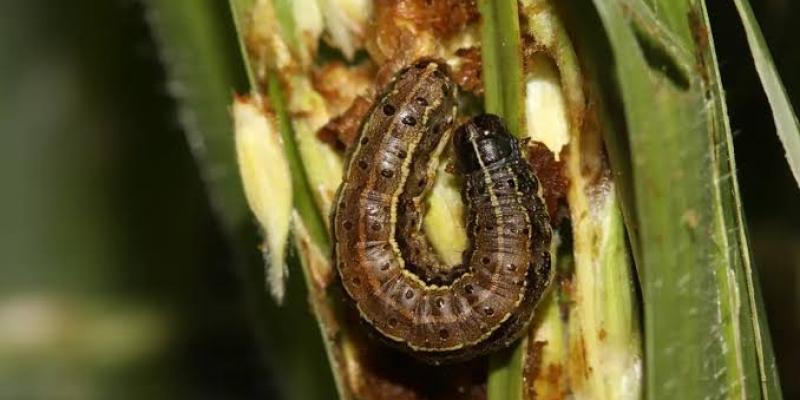DRC: National conference on the army worm closes with the adoption of a roadmap
The national conference on the army worm of maize ended this Thursday, April 15, with the establishment of a roadmap to eradicate this scourge that has affected the DRC since 2017.

Government, partners, donors, producers, scientists and pesticide vendors have agreed and expect to work together to curb the incidence rate, which has risen to 64% this year with adverse economic consequences.
"This is the first time in Africa that a national conference on army worm is being held. It is a scourge, if it were in the human world it would be compared to covid-19. The army worm is everywhere in the world and causes enormous damage. In our country it has been for 4 years and this year the incidence rate is 64% with all territories. We had the orientations related to surveillance, alert and response. The main orientations are the management of the army worm on the scientific level with several options, the coordination of actions, the mobilization of resources, communication and sensitization", said Mamba Davin, Director of the Plant Protection Directorate of the Ministry of Agriculture.
A Task Force under the coordination of the Plant Protection Directorate of the Ministry of Agriculture with the support of Land O'Lakes Venture37 and USAID has been formed. With funding from USAID, an integrated fall armyworm management project for smallholder maize farmers has been established for the 2019-2024 five-year period. It is being implemented by Land O'Lakes Venture37 with the partnership of the International Institute of Tropical Agriculture (IIITA) and Villa Crop Protection. The cost is estimated at USD 12 million.
"The project's aim is to provide training to ensure the sustainability of the project's ongoing activities, so after the project ends, it must train trainers and technical relays in order to continue the fight against the armyworm. The government is called upon to support producers and also the response team, the Task Force, composed of members of the government, projects, producers and the media to fight together against the Fall armyworm," explained Véronique Praz, project manager.
The project aims to validate safe and cost-effective integrated pest management (IPM) technologies suitable for smallholder maize farmers; facilitate system-wide adoption of appropriate technologies and approaches that will strengthen the resilience of smallholder farmers; and support local market support systems and an enabling environment.The project will cover six target provinces being areas with a larger production basin including Kinshasa, Haut-Katanga, Tanganyika, Kasai Oriental, Lomami and South Kivu. The management of the project hopes to expand to the other provinces in case of convincing results next year.
Native to America, the self-sustaining armyworm called Spodoptera Frugiperda in 2017 in the DRC and threatens nutrition, food security and incomes of small-scale maize farmers. The infestation has spread to all 26 provinces of the country, mainly affecting maize, sorghum and rice.
Source: actualite.cd


